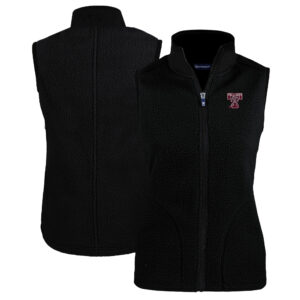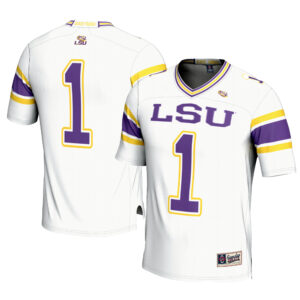Description
There’s no better way to step into a new chapter than with this Winston-Salem State Rams 20” x 30” School Bound Floor Mat. Great for dorm rooms, apartments or homes, the indoor/outdoor mat features non-skid backing and is UV-stabilized. The printed graphics will let everyone know you are proud to be part of the Winston-Salem State Rams community.




Reviews
There are no reviews yet.